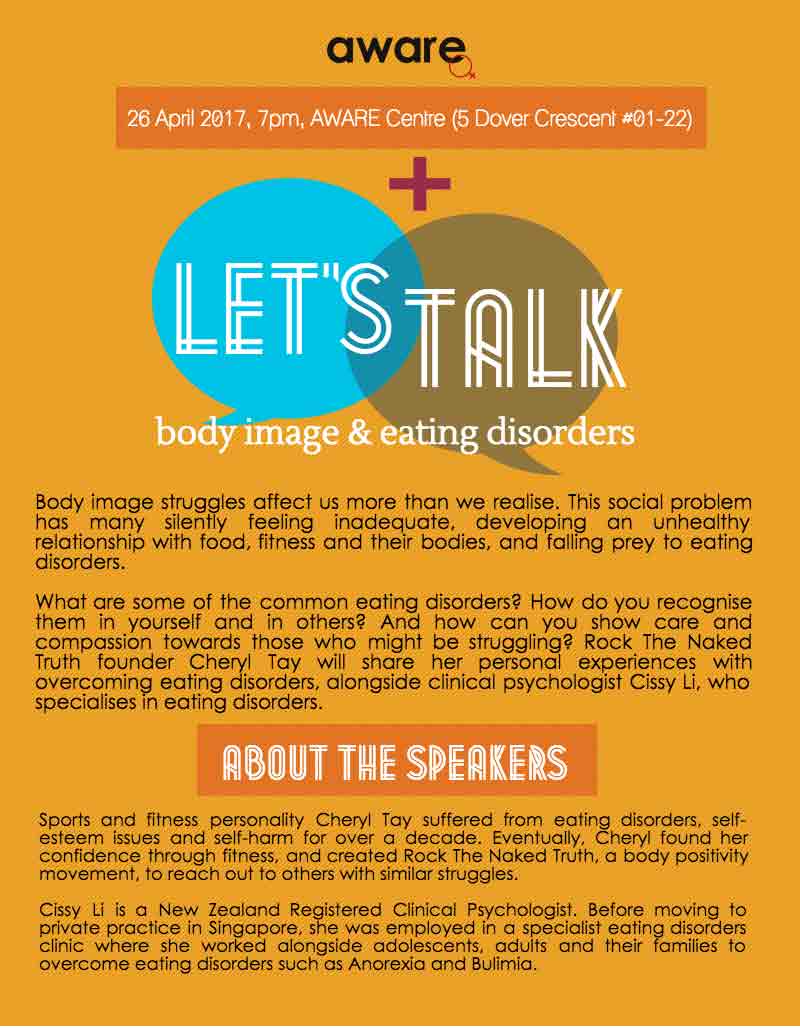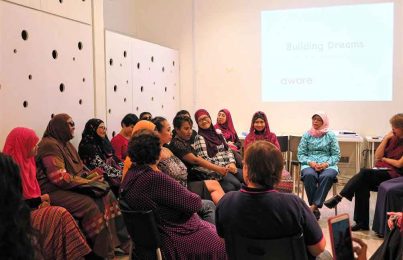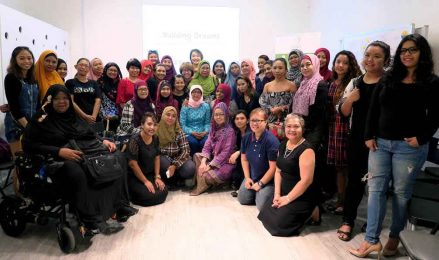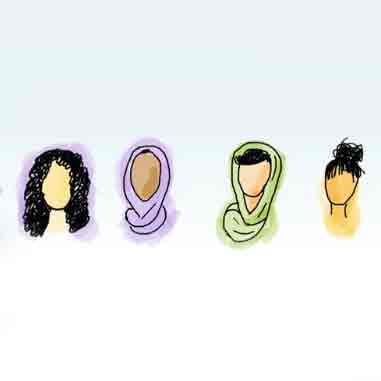 We were delighted that support for women’s aspirations was affirmed by Parliament for the first time (“More women should break glass ceiling, says Chuan-Jin”, 5 Apr).
We were delighted that support for women’s aspirations was affirmed by Parliament for the first time (“More women should break glass ceiling, says Chuan-Jin”, 5 Apr).
Kudos must be given to the People’s Action Party Women’s Wing for tabling this.
To give everyone in society the chance to fulfill their potential, policy-makers must pay specific attention to the role of gender in influencing opportunities and outcomes.
This is the reason for the Convention on the Elimination of All Forms of Discrimination (CEDAW). Singapore is a party to CEDAW and will be in dialogue with the United Nations CEDAW Committee later this year.
The move to set targets for corporate and charity boards is an especially welcome recognition that women’s under-representation is not necessarily going to automatically correct itself with time. Proactive measures are needed.
We hope the government will also heed the call from MP Louis Ng to set targets for women’s representation in Parliament, which hovers at 23%.
Mr Ng cited research used by the CEDAW Committee, stating that when women make up at least 30% of legislative bodies, “there is a real impact on political style and the content of decisions, and political life is revitalized”.
Yet leadership is only the tip of the iceberg. The longer-term key to gender equality is in the important points raised by Mr Ng and by NMP Kok Heng Leun on gender roles and stereotyping among children.
It is tempting to believe that attitudinal biases disappear naturally with time and the greater visibility of women in public life.
Yet many adults still reinforce gender stereotypes in interacting with children. Some say that “Boys don’t cry”, or emphasise girls’ looks when talking to them. They preselect toys or children’s media based on gender rather than individual personality.
Finally, we must recognise that gender barriers interact with other barriers. For instance, some job-seeking women have their aspirations for a better life stymied by the prohibition on the headscarf some Muslim women wear in healthcare professions.
The headscarf has been found practically compatible with healthcare work in both Muslim-majority countries like Malaysia and Muslim-minority countries like the United Kingdom.
Over the last two years, AWARE has partnered with Daughters Of Tomorrow (DOT), an NGO working to empower lower-income women. Many of their beneficiaries who wear the headscarf face barriers in accessing certain jobs, because of prohibitions on it in the uniformed sector. Even beyond that, some employers still hold biases and prejudices against women who wear the headscarf. This causes them to lose out on employment opportunities.
AWARE promotes women’s right to choose what to wear. There are Muslim women who wear the headscarf just as there are Muslim women who do not. Granting access to jobs to the latter while banning the former is neither fair nor inclusive.
Wearing the headscarf has been found to be compatible with healthcare work in both Muslim-majority countries (such as Malaysia) and Muslim-minority countries (such as the UK). Better accommodating women’s religious observance, besides being a fair and inclusive move, would also help meet Singapore’s labour needs in the care sector, which are only set to grow as the population ages. After all, this issue has very real implications and consequences on the livelihoods of these women, and the need to engage with policy-makers and public sector officials is a growing one.
We acknowledge the government’s decision to debate the headscarf restrictions on a less public platform. Therefore, we will continue to directly engage policy-makers and Ministers on this issue, with pluralism and inclusivity in mind, in order to bring about changes that will positively impact women’s lives.





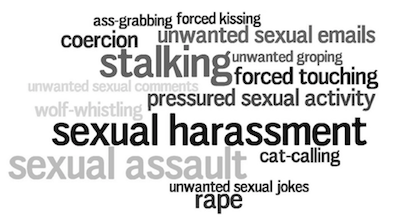 We are disturbed by the statements in the recent judgment (“
We are disturbed by the statements in the recent judgment (“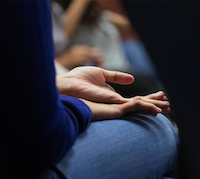
 AWARE responded to the ongoing consultation regarding proposed changes to the Administration of Muslim Law Act (AMLA). We offer these comments in the hope that the forthcoming changes can more robustly promote gender equality in outcomes under AMLA.
AWARE responded to the ongoing consultation regarding proposed changes to the Administration of Muslim Law Act (AMLA). We offer these comments in the hope that the forthcoming changes can more robustly promote gender equality in outcomes under AMLA. We were delighted that support for women’s aspirations was affirmed by Parliament for the first time (“More women should break glass ceiling, says Chuan-Jin”, 5 Apr).
We were delighted that support for women’s aspirations was affirmed by Parliament for the first time (“More women should break glass ceiling, says Chuan-Jin”, 5 Apr).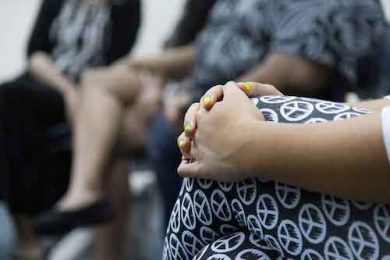 Background
Background